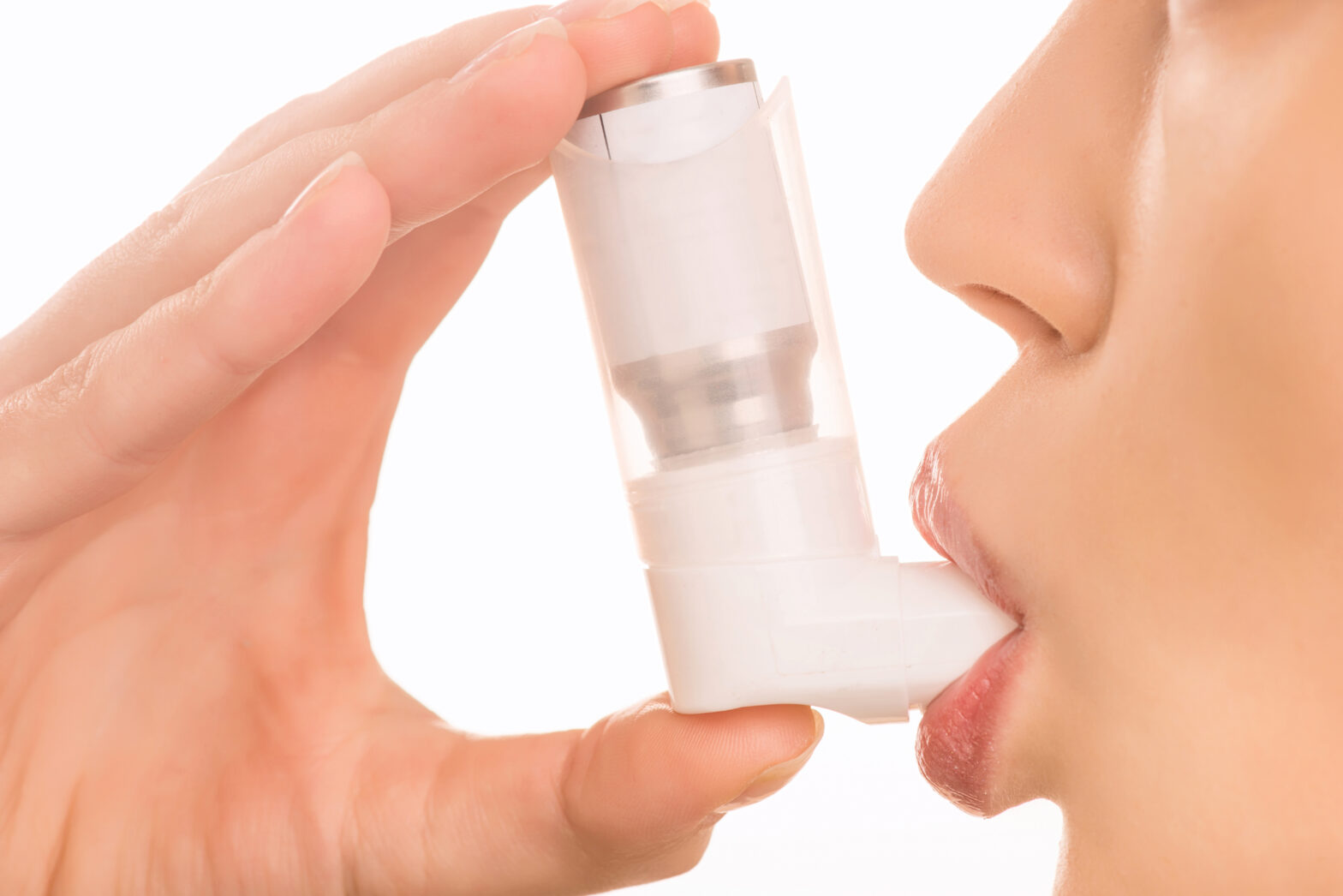Smart inhalers, part of a range of connected devices, or digital technologies, are aiming to revolutionise asthma care in the UK.
Asthma UK, the charity, released a report today that reveals how current technologies, like smart inhalers, electronic alerts, and digital action plans could, and should be used to transform asthma care in the NHS.
Asthma care costs the NHS £52 million a year, and accounts for (2-3%) of primary care consultations.
The current technology would help reduce routine GP visits, and enable patients to more competently manage their condition.
Kay Boycott, Asthma UK chief executive, said: “Digital health tech is likely to be the game changer that transforms current asthma management and the patient-doctor relationship. We need to see a shift towards supporting greater self-management of asthma and less reliance on overstretched clinical services.
Smart inhalers, linked via bluetooth to a smartphone, are showing real promise in aiding asthma control, by tracking inhaler use in real time and building up a picture of general medication use.
This has a very real potential to show how smart technologies, and current societal models can successfully integrate.
>See also: Better care rests in the cloud: how close are we to fully utilising the cloud in healthcare?
But asthma sufferers may be apprehensive about distancing themselves from trained doctors, to becoming reliant on digital technology.
Additional research, however, suggests this is not the case.
Almost three quarters of people with asthma in the UK would like to see a mobile health device made available that would help them monitor their asthma, according to Asthma UK as part of myAirCoach – a European mobile health innovation project for asthma.
1 in 4 of 5.4 million people with asthma said they would feel comfortable replacing routine check-ups with a mobile health system.
This smart technology could also save lives.
The report notes that innovation in health technology and more integrated systems could make it easier for doctors to identify when their patients’ asthma symptoms are worsening, and quickly take action to help keep them out of hospital.
>See also: Top tips for UK healthcare organisations to get a dose of the cloud
Next generation mobile-based technologies’ presence will increasingly be seen in the commercial and health sectors.
A move towards a mobile healthcare system – for asthma at the very least – seems to be a potential example of when an integration between digital technologies and conventional practice works.
It is yet to be seen, but the report is pretty overwhelming, as Boycott notes “over 90% of healthcare professionals agree people with asthma would be better at managing their asthma if an mHealth system provided information to support medication adherence and improving inhaler technique”.
People’s healthcare, like businesses, doesn’t go for a one-size fits all approach. It doesn’t work, or at the very least is difficult to improve.
Digital technology has a range of beneficial applications outside the healthcare system, from smart transport in the public domain to predictive analytics in business.
The adoption of smart technology appears to be vital in improving asthma care in the NHS, and necessary in progressing other sectors in society.










